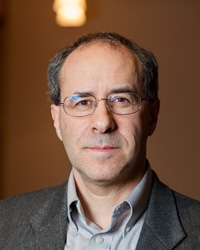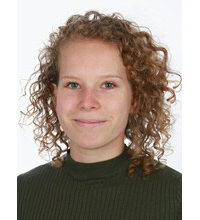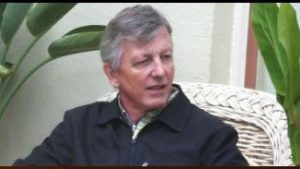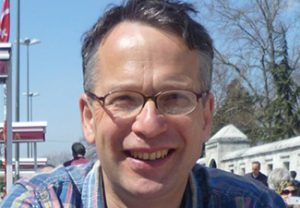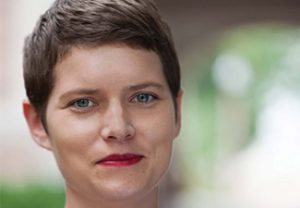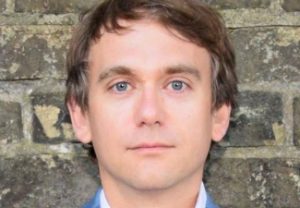Michael A. Rosenthal (PhD Chicago, 1996) holds the Grafstein Chair in Jewish Philosophy, with appointments in both the Department and the Anne Tannenbaum Centre for Jewish Studies. Talk Title Life as a Marionette: The Role of the Imagination in Spinoza’s Ethics, Part V Abstract The goal of Part V of … Read More
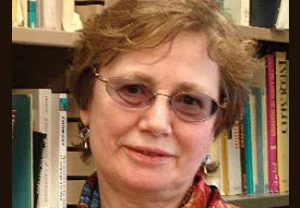
Image: uwm.edu
Prof. Atherton’s research interests include English philosophers of the early modern period, the work of women philosophers in the history of philosophy, and historical issues in the philosophy of psychology.
Michaela Manson is a Graduate Student with us whose philosophical interests centre around the early modern period, with a particular concern for questions about mind, cognition, perception, and understanding. Talk Title: TBA
Dr. Pikkert is currently a Lecturer here at the University of Toronto at the St. George campus. In his research, he continues to work on the philosophy of Leibniz. Talk Title Clarke, Leibniz, and du Châtelet on the Existence of a Necessary Being
The History of Modern Philosophy Group is pleased to welcome guest speaker Lonneke Oostland, a masters student of philosophy at the University of Groningen. Talk Title: Cavendish on order in nature About the History of Philosophy Group One of five departmental Research Interest Groups, the History of Philosophy Group is home to … Read More
The group welcomes J. L. Schellenberg, professor of philosophy at Mount Saint Vincent University, Halifax.
Talk Title
Faith, Fictionalism, and the Future
Professor Robert Stern’s main interests in the history of philosophy are 19th-century post-Kantian German philosophy, especially Hegel. In contemporary philosophy, he focuses on epistemology, metaphysics, ethics, and political philosophy. His current work centres around the Danish philosopher and theologian K. E. Løgstrup, as well as around Martin Luther viewed from a philosophical perspective.
Julia Staffel specializes in formal epistemology and traditional epistemology, and her work also relates to issues in philosophical logic, philosophy of mind and the philosophy of science. In this talk she will argue that there is a large class of rationality judgments we routinely endorse that fall neither into the category of doxastic nor the category of propositional rationality.
Professor Strevens’ research is in philosophy of science (including scientific explanation, complex systems, probability, the social structure of science) and the philosophical applications of cognitive science (especially the psychology of concepts).
A university lecturer in philosophy of science at Cambridge University, Jacob Stegenga’s research focuses on methodological problems of medical research, conceptual questions in evolutionary biology, and fundamental topics in reasoning and rationality.
Professor Andersen’s research is in philosophy of science, metaphysics, and epistemology, and particularly causation (application of causal methodology to case studies in philosophy of science, causal explanation, problems related to mental causation, and the metaphysics of causation).
PLEASE NOTE THAT THE TALK WITH KEVIN ZOLLMAN HAS BEEN POSTPONED TO THE COMING ACADEMIC YEAR. We will update our events page with the exact date as son as possible.
